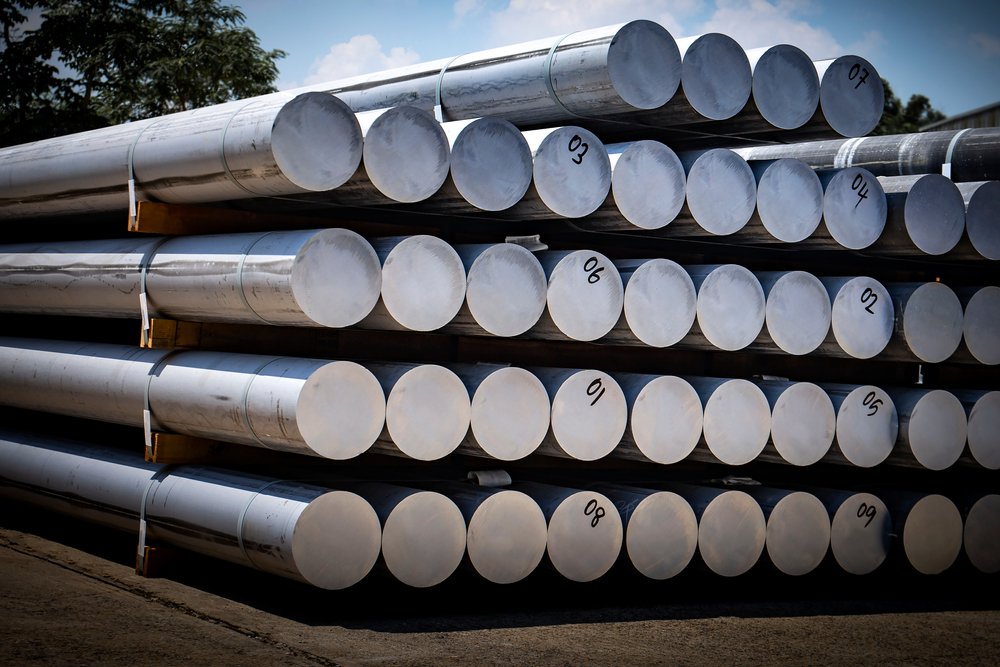The South Korean port of Gwangyang has become the new focal point for storing London Metal Exchange (LME) aluminum. Currently, LME-registered warehouses in Gwangyang hold 256,650 metric tons of aluminum, representing 49% of all aluminum in the LME’s global warehouse network.
At the beginning of the year, Gwangyang held just 24,025 metric tons of aluminum. However, substantial inflows, primarily consisting of Russian-brand metal, have propelled its inventory past that of Malaysia’s Port Klang, which was previously the preferred location for exchange storage.
Crucially, Gwangyang now holds 70% of live stocks in the LME system, making it the go-to destination for anyone needing metal from the market of last resort. Notably, 75,600 metric tons of aluminum were acquired on August 17 and subsequently canceled, possibly in preparation for physical load-out. Another 54,000 metric tons of aluminum have arrived in the past week, indicating further activity in storage.
Weak demand has led to significant contango in LME time-spreads, sparking interest in the stocks financing trade, and Gwangyang is set to be a key battleground for securing storage units.
The influx of aluminum into Gwangyang began in the first quarter of this year, with 198,125 metric tons of aluminum warranted at LME warehouses, primarily delivered by Glencore. Most of this influx consisted of Russian metal due to changes in aluminum trade dynamics.
Gwangyang’s aluminum storage capacity has expanded significantly, with 249,000 square meters, making it the fourth-largest exchange storage location, behind Rotterdam, Busan (also in South Korea), and Port Klang.
The competition for storing LME aluminum during periods of weak demand has a distinct Russian twist this time, with Russian-brand metal now dominating the market. While Port Klang was the previous battleground, the balance has shifted, and Gwangyang has become the center of attention.
Warehousing costs are a significant factor in the stocks financing trade, prompting large movements of inventory between on-exchange and off-exchange storage. Gwangyang’s emergence as a key storage hub is expected to intensify competition among warehouse operators.
The aluminum storage wars in Gwangyang are just beginning, with multiple warehouse players entering the fray alongside ISTIM, which has been a central figure in the competition for free-float LME aluminum. The battle for storage supremacy in Gwangyang is set to continue.
Check out “The European Twilight: What’s Ahead for the Global Zinc Market“






